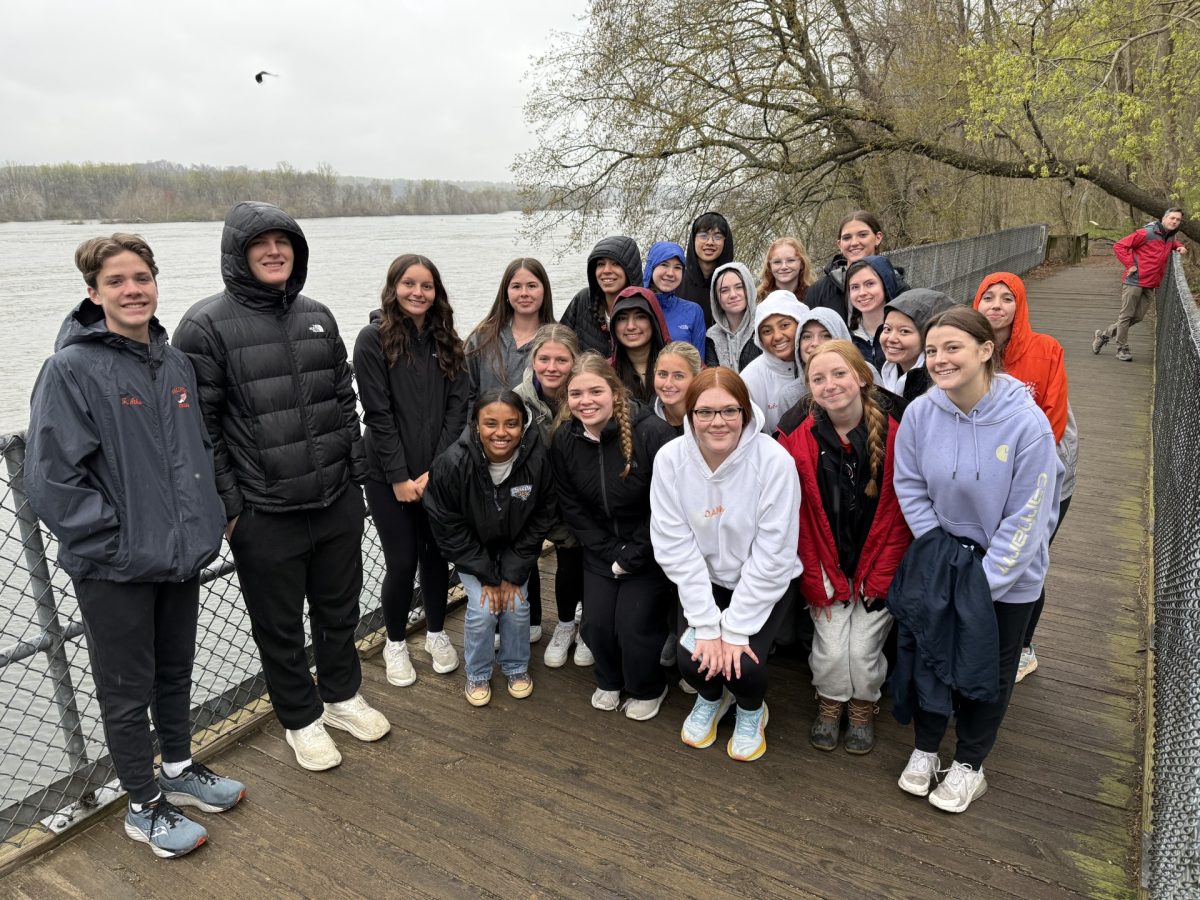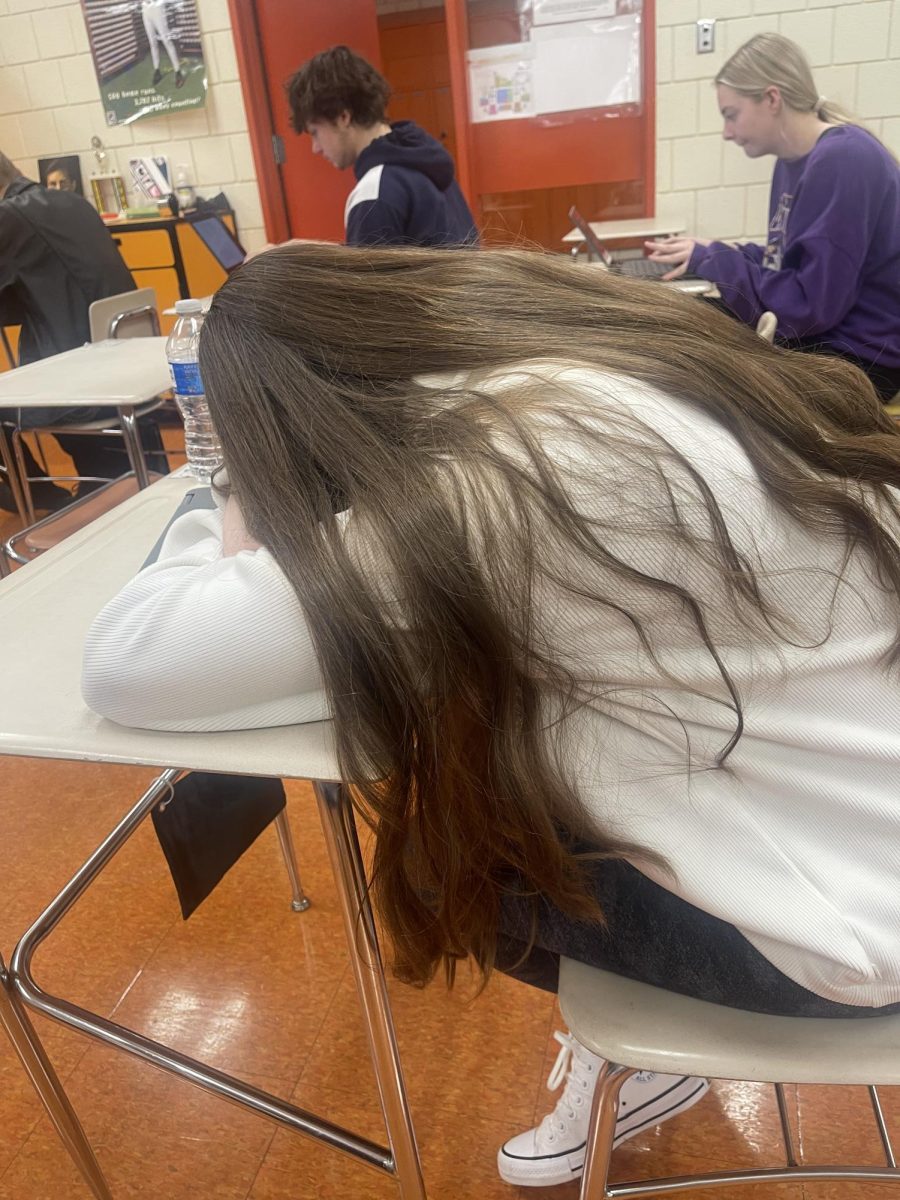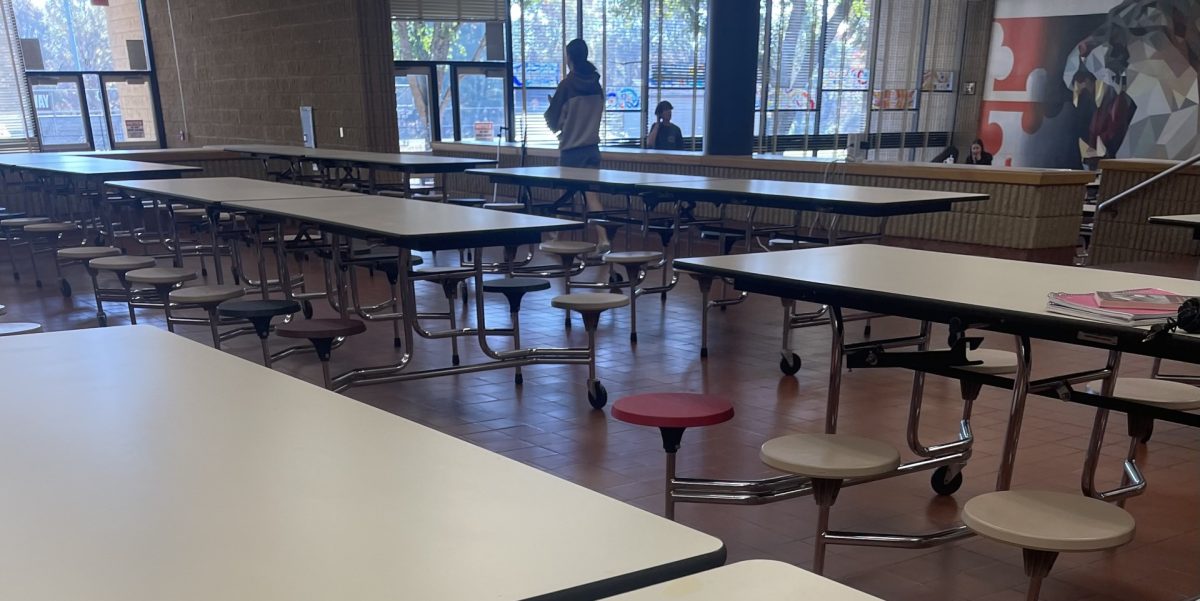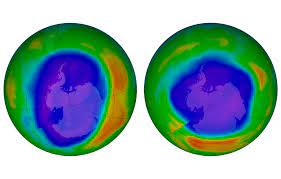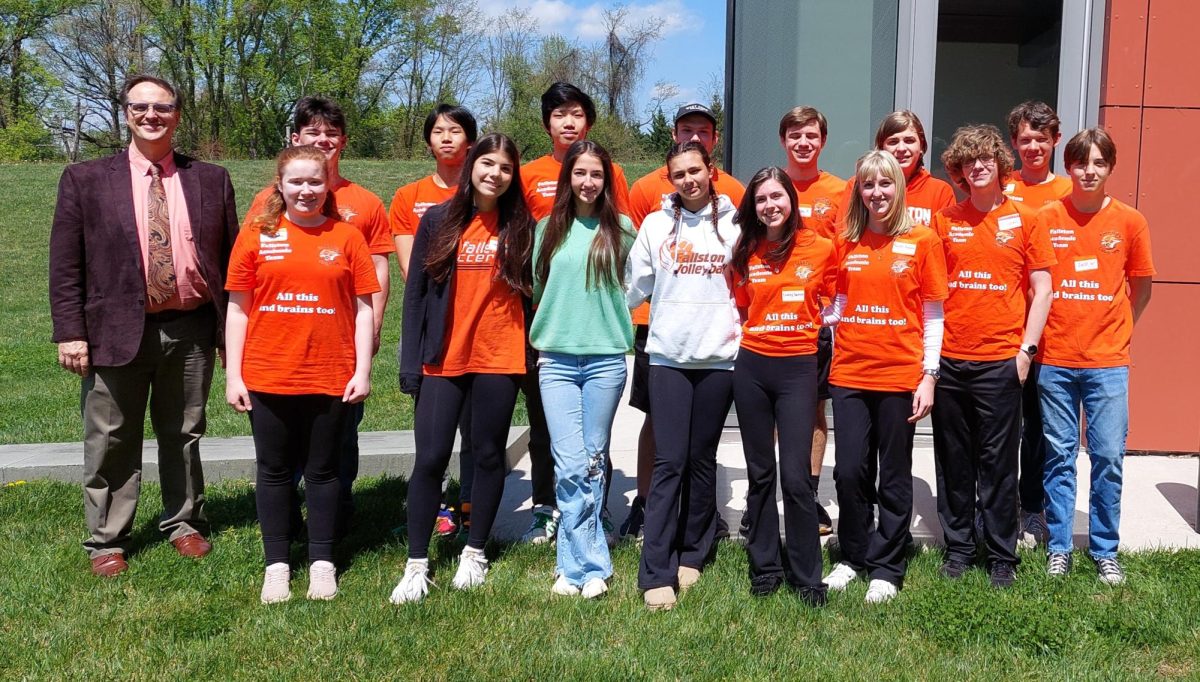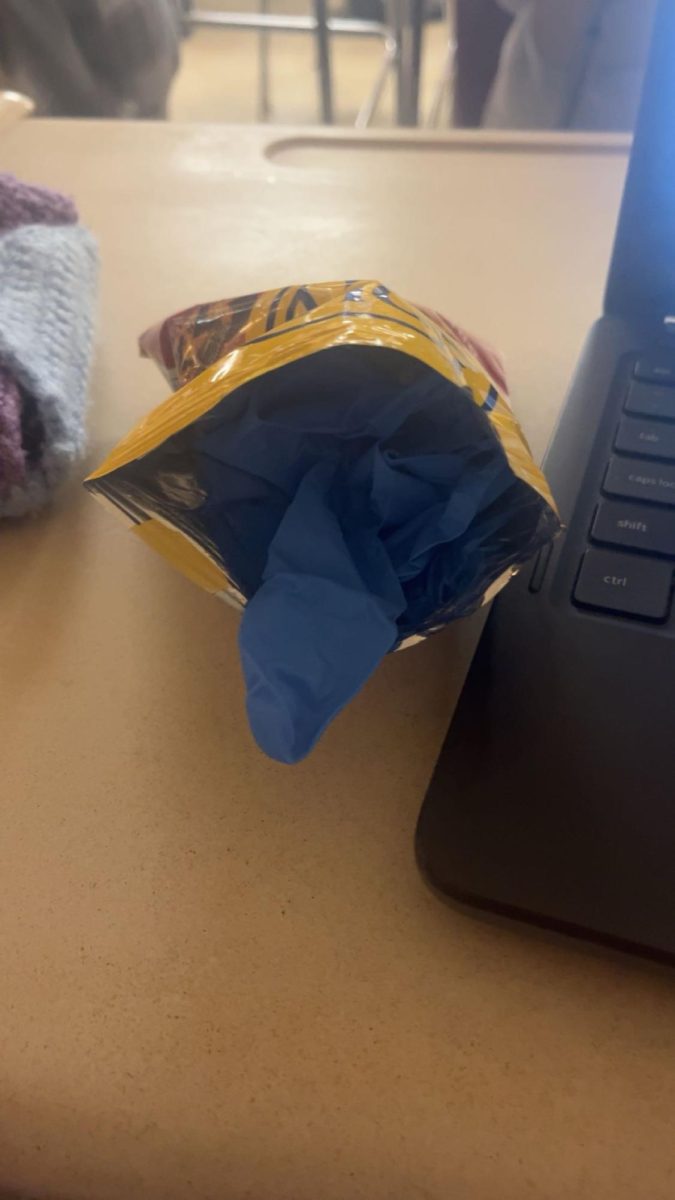As everyone knows, the earth is on fire, the world is ending due to climate change, and we’re all going to die. Or is that actually the truth? Surprisingly, it’s not. There have been many great new things that have changed the world this year and here are the highlights, for me personally.
The Ozone layer is slowly healing
With climate change weighing heavy on citizens, politicians, and scientists’ minds, we all know that fossil fuels, and many other harmful chemicals, break down the Ozone layer. This layer protects us from harmful ultraviolet radiation. With this layer breaking down, this will cause humans to absorb more UV rays, which in return can cause skin cancers, cataracts, and immune diseases. Environmentally, this increase in UV rays kills lots of marine life such as shrimp, crabs, and other organisms.
A recent report from the United Nations Environmental Programme (UNEP), showed that the Ozone layer is on track to a full recovery, slowly but surely. This is because of all the laws and other regulations that have been put in place to stop the production and burning of chemicals that are damaging the Ozone. The layer is on track to be fully healed in about 4 decades. With this occurring, we will see many of our ecosystems improving, and lots of people’s health increasing.
Plastic Eating Fungi
The effects of plastic are widely known. With plastic being readily available everywhere, at all times, for everything, an extreme pollution problem has come upon us. Plastic bags, bottles, and packaging are littered all over coastlines, oceans, streets, and yards. Many companies have tried to treat plastic pollution by recycling, but still only about 9% of plastic gets recycled. Along with only a small amount of plastics getting recycled, there are other items, such as hard plastics, that can’t get recycled at all. There needs to be a real treatment for this epidemic.
At the University of Sydney, researchers found two different kinds of fungi that can break down polypropylene, which is a kind of hard plastic found in many items such as food packaging, plastic containers, and clothing hangers. The fungi, Aspergillus terreus and Engyodontium album, consumes the material, processes it, and turns it into decomposing waste. This whole process will take up to as little as 3 weeks. This can be a huge game changer for plastic waste.
4-day work week to save the world
For us Americans, the 4-day work week has been in use since the COVID-19 pandemic. Being able to work from home on a computer is nothing special, but in many countries this is new. But finally, this concept is being tried globally with the increase in technology. Starting in the U.S and Ireland, now reaching countries like Spain, Japan, and Iceland, the 4-day work week is now taking off.
With such a concept in effect, this will cause less travel by car, causing fewer carbon emissions. In just a few weeks, one company alone saw “there was a 21% less miles traveled,” the management of Tyler Grange, a landscaping planers company, noted, meaning less of a carbon footprint is being produced. They also saw a 22% productivity increase as well.
Many people enjoy having the feeling of having the freedom to work from home, plus it’s better for the environment. That makes this is win for all of us and will be introduced to many jobs all over the world.
With all this good news and change being made in the world, please do not feel like the fight to save the earth is over. Keep reducing your consumption on things that are not necessary and recycle and reuse anything you can. Try walking or biking anywhere you can. This great change was made because of our efforts. Keep doing it to continue helping the earth!















